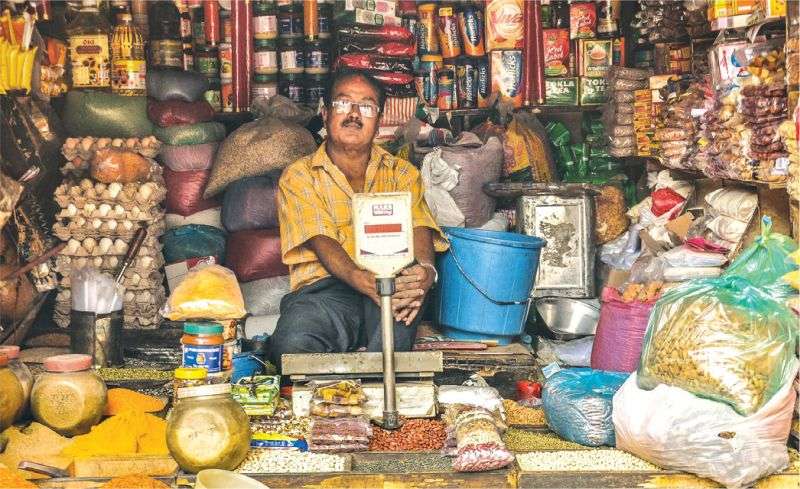From a general study of the regional economies in SAARC, it is apparent that the observations made in the foregoing paragraphs are mostly applicable to all MSME sectors in this region.
--BY SUJIT MUNDUL
The MSME (micro, small and medium enterprises) sector plays a significant role in the growth of the emerging market economies especially in the SAARC region. Not only does it aim to increase the overall GDP of the country, it also provides adequate employment opportunities to the budding entrepreneurs who have limited resources. The MSME entities are defined on the basis of the size of their investment made in the manufacturing sector and in technology and other required assets for service sector companies. Governments of most emerging market countries, especially in the SAARC region, assist MSMEs by introducing subsidised loans under various schemes with low interest rates to provide impetus to the growth of this critically important segment of the economy. In India, certain schemes have been launched by the central government especially for MSME units registered under the Micro, Small and Medium Enterprises Development (MSMED) Act that assist the entrepreneurs to develop their businesses in a better way.
These registered units also enjoy exemption from several taxes being levied by the state governments. Besides, MSMEs get various tax benefits like exemption from excise duty and some direct and indirect taxes in the early years of their business. The government has also instituted procedures for expediting payments due to them from their buyers by specifying penal provisions for non-payment to the MSME sector.
In the Indian context, the MSME sector constitutes a vast network of over 63 million units and employs close to 111 million people. It is interesting to note that the share of MSMEs in India’s overall GDP is around 30 percent (GOI 2018) and this segment accounts for 45 percent of manufacturing output and 40 percent of total exports of the country. Nevertheless, despite its significant contributions, this sector faces several challenges. These challenges are not uncommon also in the other economies in this region.
• Lack of adequate capital and credit support from the financial system.
• Lack of infrastructure – this is a major impediment for the growth of this sector. Lack of proper infrastructure including power supply water, road etc., are the stumbling blocks.
• Inadequate Access marketing envisages – creating a blockage for the marketing & sale of MSME products.
• Non-availability of skilled workforce and managerial / entrepreneurial expertise at an affordable cost, poses a big challenge.
• Lack of access to new technology is another major impediment for the MSMEs. Most of the players in this segment today require the application of advanced technology in their operations. Lack of this facility makes them less productive and less competitive in pricing their products in the current business context and the larger players.
• Cumbersome and dilatory regulatory clearances relating to sanction and disbursement of loans from commercial banks including demand for collateral securities and promoter’s guarantees are certainly deterrents for the growth of this sector.
• It is to be remembered that MSMEs complement the larger businesses, providing inputs, machine parts as well as other services, helping bringing down import dependency as well as cost saving and thus bolstering the country’s external accounts.
From a general study of the regional economies in SAARC, it is apparent that the observations made in the foregoing paragraphs are mostly applicable to all MSME sectors in this region. It cannot be denied that the sector provides a lot of employment for these countries and also accounts for sizeable consumption. Hence, timely help from the government to this sector would boost the country’s growth.





















